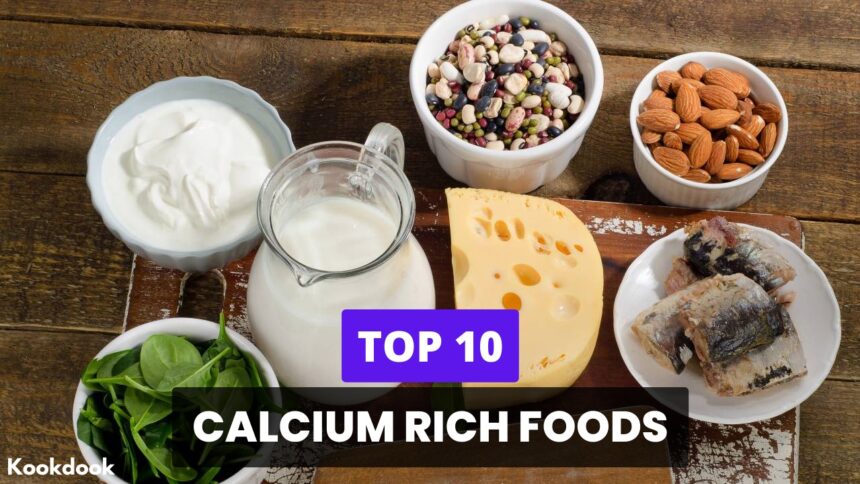Protein is an essential component crucial for bolstering the immune system, promoting tissue growth and repair, facilitating hormone and enzyme production, and maintaining healthy tissues. While conventional associations with protein often revolve around animal products, it’s worth noting that numerous plant-based alternatives can provide substantial amounts of this vital nutrient. Though vegetables generally contain lower protein levels compared to animal sources, certain plant-based options stand out with notable protein content. This article explores some excellent plant-based sources of protein worth considering.
When aiming to meet your protein needs, it’s essential to diversify your sources. Alongside animal-based options like meat, dairy, and eggs, you can also rely on a variety of plant-based alternatives for a well-rounded diet. These top 10 protein-rich vegetables offer not only protein but also an array of essential nutrients:
Spinach: A Nutrient-Packed Green
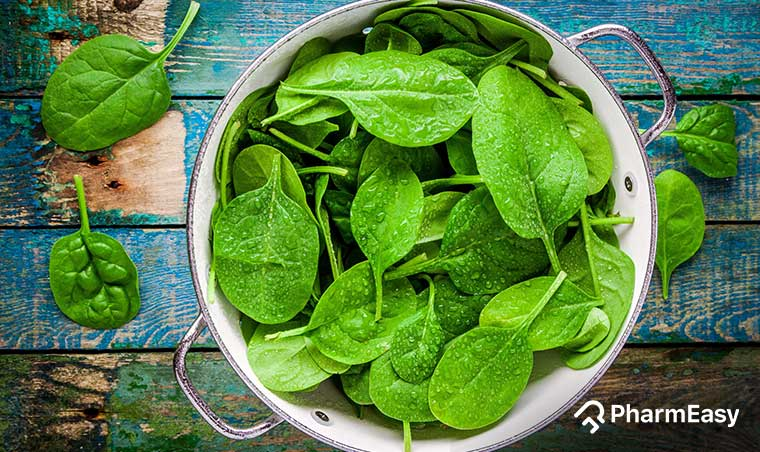
Hailing from central and western Asia, spinach is a leafy green powerhouse. Its protein content, approximately 5 grams per cup when cooked, contributes to about 10% of your daily protein requirement. Spinach also provides a medley of other nutrients such as fiber, vitamins A, C, and K, plus iron and calcium.
Brussels Sprouts: Small Yet Mighty
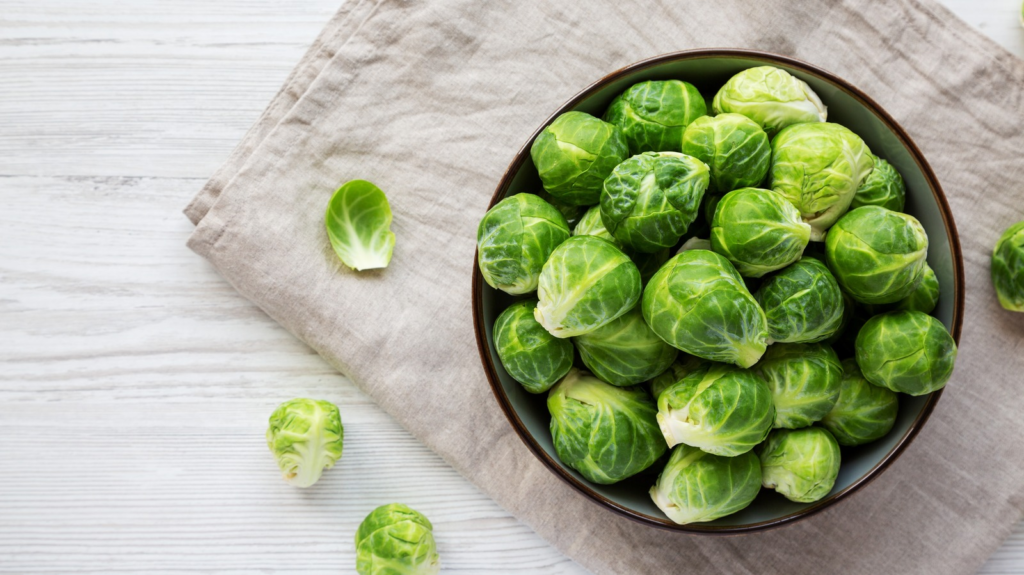
Tiny yet substantial, Brussels sprouts belong to the cabbage family and originate from Belgium. Boasting around 3 grams of protein per cup when cooked, they make a delightful side dish with a mild, slightly bitter taste. These mini vegetables are also rich in fiber, vitamin C, vitamin K, and potassium.
Okra: Tropical Protein Source
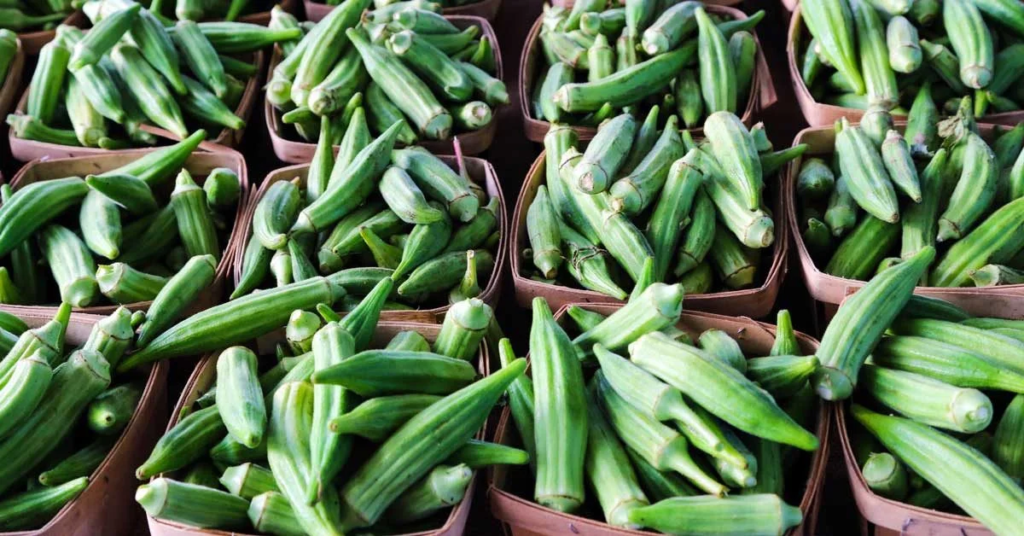
Hailing from Africa, okra’s distinct slimy texture and slightly bitter, earthy flavor set it apart. With roughly 4 grams of protein per cooked cup, okra finds its place in stews, soups, and even fried dishes, adding a unique twist to your meals.
Kale: Versatile Green Gem
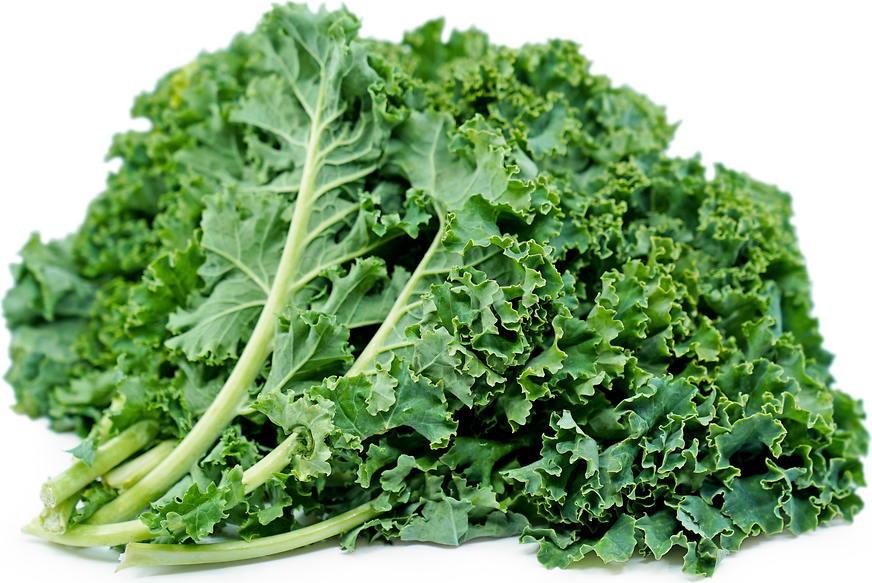
Native to the eastern Mediterranean, kale’s robust leaves offer about 2.5 grams of protein per cooked cup. Its slightly bitter taste and fibrous texture make it ideal for salads, smoothies, and a variety of cooked dishes.
Sweet Potato: Protein-Rich Starch
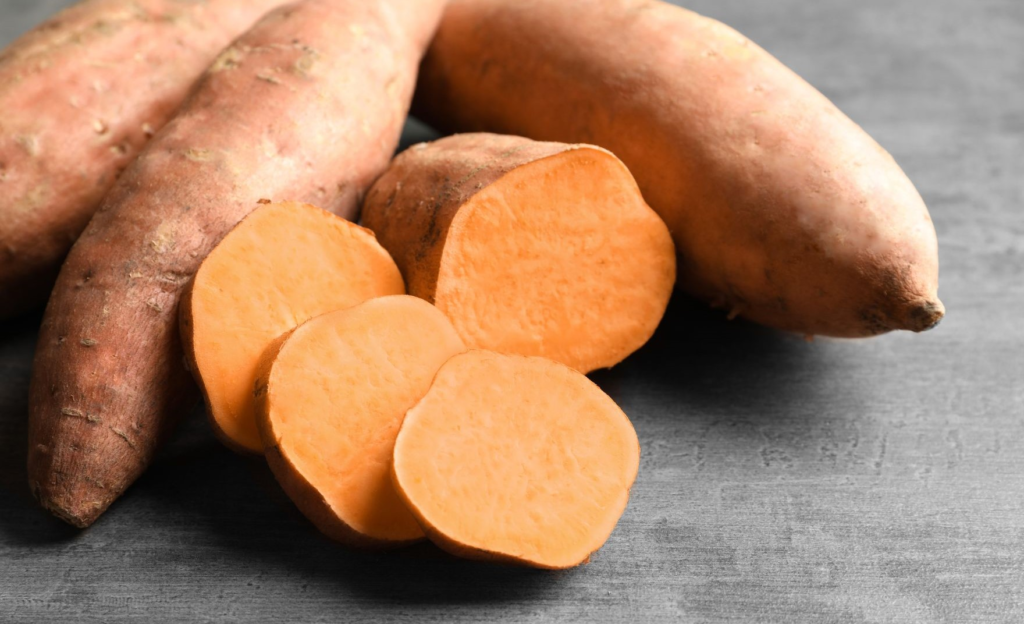
A tropical gem from the Americas, sweet potatoes bring a sweet, starchy flavor to the table. Offering around 2 grams of protein in a medium-sized sweet potato, they can be grilled, baked, or mashed for a nutritious side dish.
Peas: Tiny Legume Powerhouses
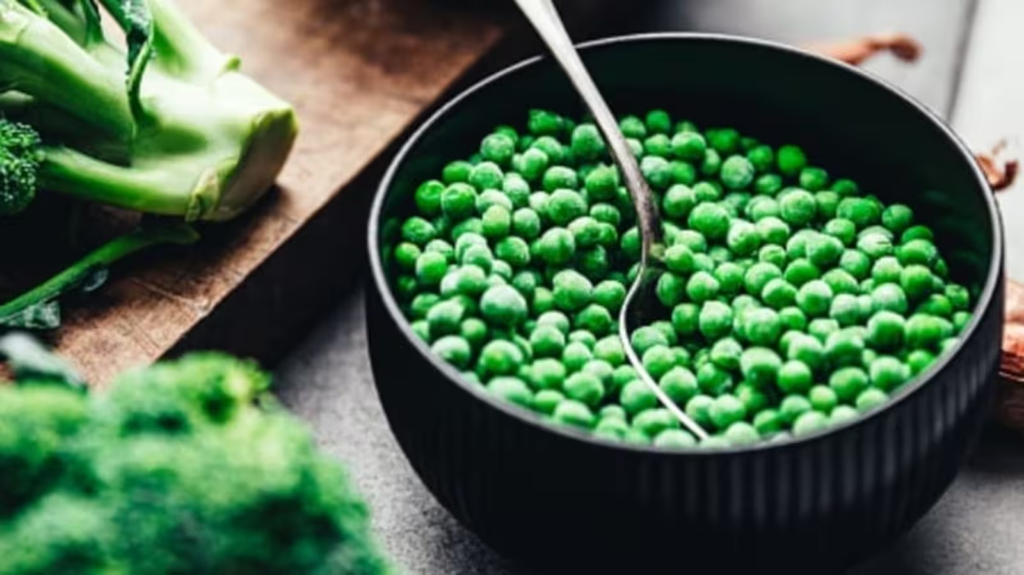
Hailing from western Asia and the Mediterranean, peas are tiny legumes packing a punch with about 8 grams of protein per cooked cup. Their sweet, starchy flavor complements stews, soups, and various recipes.
Artichokes: Edible Thistle Delight
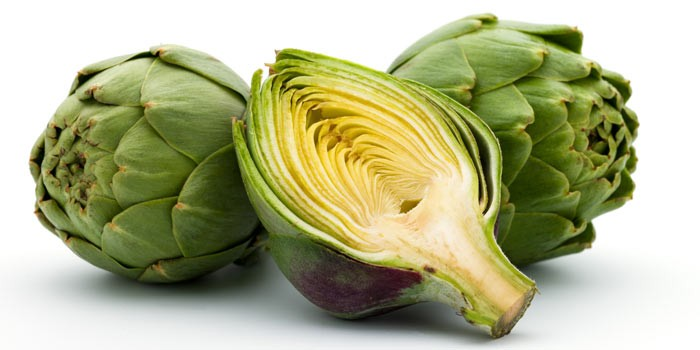
A Mediterranean delight, artichokes provide approximately 4 grams of protein in a medium-sized piece. Their tender, slightly fibrous texture and nutty flavor make them a delightful appetizer or side dish, prepared through steaming, grilling, or roasting.
Asparagus: Tender Shoots of Goodness
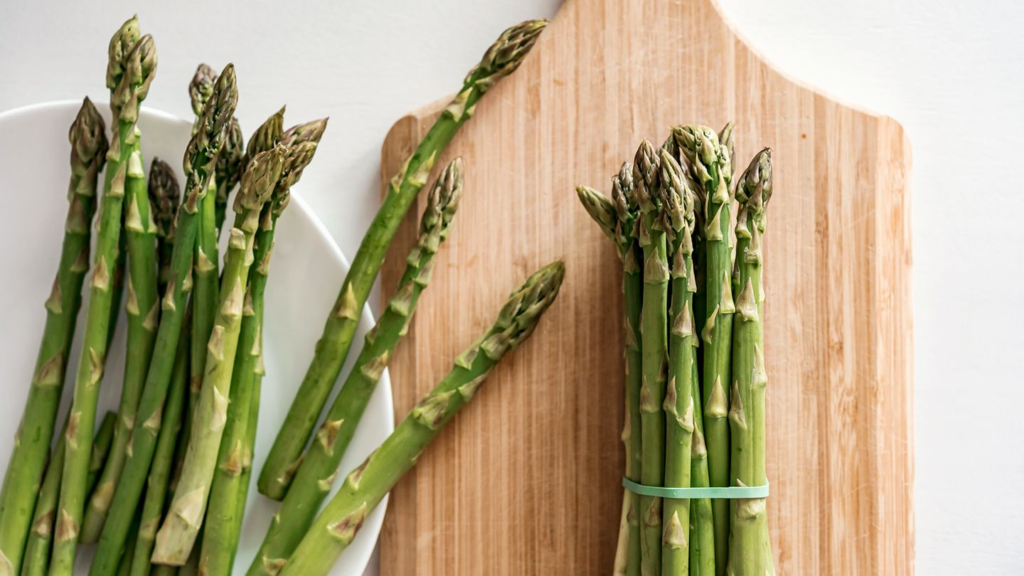
Originating from the eastern Mediterranean, asparagus yields about 4 grams of protein per cooked cup. Its sweet, earthy flavor and crunchy texture add flair to diverse recipes, whether grilled, roasted, or sautéed.
Broccoli: Flowering Nutrient Boost

Hailing from the Mediterranean and Asia Minor, broccoli’s large, green flower heads contain around 4 grams of protein per cooked cup. Its unique balance of slightly bitter and slightly sweet flavors, along with its crunchy texture, complements a variety of dishes.
Beetroot: Earthy and Nutrient-Rich

From the Mediterranean region, beetroot’s earthy, slightly sweet taste is accompanied by roughly 3 grams of protein per cooked cup. Its versatility shines, whether roasted, grilled, or added to salads.
Incorporating these protein-rich vegetables into your diet not only helps meet your protein requirements but also ensures a diverse array of vital nutrients. To optimize your nutritional intake, remember to combine plant-based sources like these veggies with animal-based options, creating a well-rounded and fulfilling meal plan.

